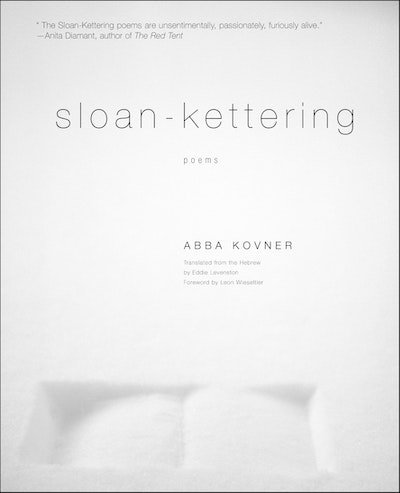Abba Kovner was born in 1918 in Sebastopol. Coi
mitted to Zionism from boyhood, Kovner became
an advocate of armed-resistance during the Second
World War, famously urging his comrades in the
Vilna ghetto not to go "like sheep to the slaughter,
but to stand and fight. Kovner thus became a key
leader in the United Partisan Organization, which
earned out sabotage operations against the Germar
army, first from the ghetto and later from the Balti<
forest. After liberation, Kovner helped to take Jews
from eastern and central Europe into Palestine and
became a key voice in the resettlement of European
Kovner and his wife Vitka, also a resistance leader,
eventually settled on Kibbutz Ein ha-Horesh. After
taking part in the Israeli War of Independence in
1948, Kovner became a writer of both poetry and
prose, winning the Israeli Prize for Literature in
1970. A founder of the Moreshet Holocaust Institute and the Diaspora Museum in Tel Aviv, he died
in 1987.



